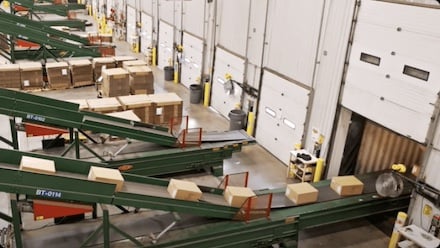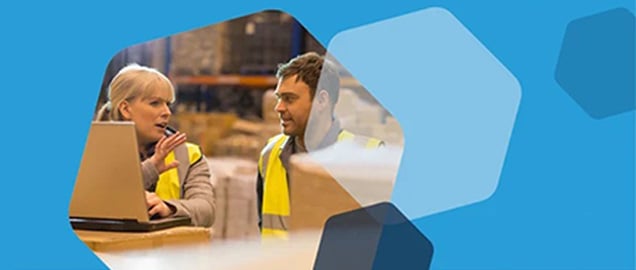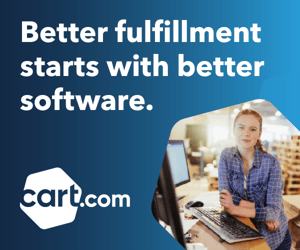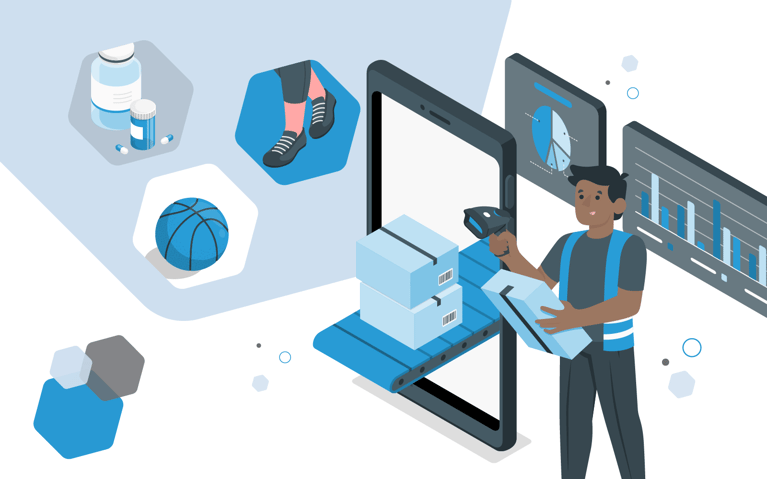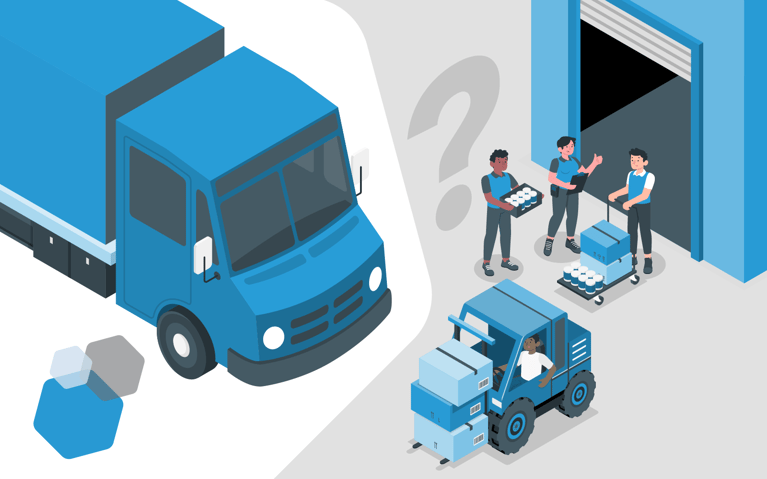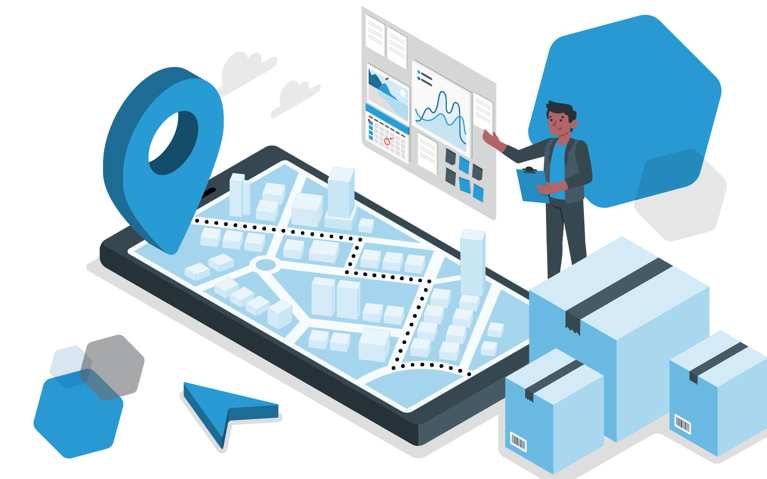When running a business, any outsourced service requires careful consideration. Just like selecting a roofing company or doctor, it’s essential to do your research and ask questions before choosing.
Fulfillment operations are a core component for retail businesses. It serves as a bridge between making a purchase and happy customers. Efficient fulfillment ensures error-free and timely delivery, enhancing customer satisfaction and loyalty. Moreover, streamlined operations minimize costs and maximize profitability, helping optimize your bottom line.
When selecting a 3PL, it’s crucial to determine the right provider for your brand. Given supply chain challenges and complexities, consumer expectations and your unique needs, asking potential 3PL providers questions is important to ensure they align with your business needs and goals. It allows you to evaluate their capabilities, reliability and compatibility with your operations, ultimately leading to a more informed decision and a successful partnership.
We’ve compiled 20 questions to ask before choosing a fulfillment provider and why the answers matter.
Onboarding
Onboarding sets the foundation for a smooth and efficient partnership. Proper onboarding ensures that a 3PL understands your business requirements, processes and expectations and can align their operations accordingly. It also facilitates the seamless integration of inventory management systems, order processing protocols and communication channels, which are essential for timely and accurate order fulfillment.
1. What is your onboarding process like, and how do you ensure a seamless transition of inventory and data?
Any disruptions in your fulfillment operations can lead to delays and errors. Maintaining continuity ensures efficient and accurate order fulfillment, preserves the customer experience and prevents revenue loss. It’s also essential to maintain uninterrupted data flow for inventory accuracy, optimize supply chain operations and facilitate timely decision-making.
2. Can you provide examples of successful onboarding experiences with similar clients, including timelines and key milestones?
A 3PL fulfillment provider should be able to give examples of successful collaborations. It demonstrates their expertise and capability and is tangible evidence of their ability to effectively understand and meet client needs. It also showcases past successes and instills confidence in potential clients, reassuring them that the service provider has a proven track record of delivering results.
Operations
Fulfillment operations directly impact the customer experience and your ability to meet expectations such as timely delivery, accurate order fulfillment and frictionless returns. A seamless and reliable fulfillment process not only delights customers but also encourages repeat purchases and positive word-of-mouth referrals, driving sustainable growth and long-term profitability. Any inefficiencies can result in negative post-purchase experiences, leading to decreased satisfaction, diminished brand reputation and lost revenue opportunities. A brand must be able to depend on a 3PL provider to provide exceptional, flexible and scalable services that help optimize the customer journey.
3. How do you handle the receiving process, and what measures do you have in place to ensure accuracy and efficiency?
Receiving directly influences inventory accuracy and availability. A streamlined receiving process ensures incoming stock is promptly accounted for and ready for storage, minimizing delays in order processing. An optimized receiving process is necessary for inventory management.
4. Can you accommodate flexible storage solutions to adapt to our inventory fluctuations and seasonal demands?
Flexible storage solutions allow you to adapt more effectively to fluctuating inventory and seasonal demands. With flexible storage options such as adjustable shelving, pallet racking and mezzanine systems, brands can optimize warehouse space and accommodate varying product sizes and quantities. This versatility enhances operational efficiency by making storage configurations easily modifiable to meet changing business needs without compromising space utilization or accessibility.
5. What inventory management systems do you utilize, and how do you ensure accurate control and tracking of inventory levels?
Because brands often require omnichannel fulfillment capabilities, inventory management systems have become crucial for maintaining accurate stock levels, minimizing overstock or stockouts and optimizing order fulfillment processes. These systems provide real-time visibility into inventory levels across multiple locations, enabling businesses to make informed decisions about purchasing, production and fulfillment. By streamlining inventory management, businesses can reduce carrying costs and improve order accuracy.
6. How do you manage SKU proliferation, and what strategies do you employ to optimize SKU management?
SKU management is important for inventory tracking and organization and helps identify and manage each unique product variant. With proper SKU management, businesses can accurately monitor stock levels, track sales performance and optimize replenishment strategies for each product type. This granular level of control enhances operational efficiency and minimizes errors in order fulfillment.
7. What methods do you employ for order fulfillment, and what is your typical order processing time?
A 3PL’s ability to handle order processing quickly, accurately and efficiently is crucial in the era of fast and free. While shipping time and price impact the customer experience, meeting expectations is more critical. Streamlined processes means a reduced order processing time, making it easier for you to meet customer expectations and reduce operational costs.
8. Where are your fulfillment locations situated, and how do you ensure timely customer delivery?
A 3PL provider with multiple locations will be able to get you closer to your customer base. In addition, a multi-node fulfillment network offers several advantages for businesses, including improved order processing speed and reduced shipping costs due to closer proximity to customers. By strategically locating fulfillment centers in different regions, brands can minimize shipping distances and transit times, leading to faster delivery and enhanced customer satisfaction. A multi-node network also improves scalability and flexibility, allowing businesses to efficiently manage inventory levels and respond to fluctuations in demand across various markets. In ecommerce, a fulfillment provider offering flexibility offers resilience by reducing the risk of disruptions in case of issues at one fulfillment center.
9. Could you provide details on your packaging capabilities and options for customization?
Packaging plays a large role in fulfillment and the customer experience. Packaging protects products during transit while reflecting the brand's image, influencing the customer's perception of the product. Well-designed packaging can enhance the unboxing experience, leaving a positive impression and potentially encouraging repeat purchases and positive reviews. Moreover, packaging practices contribute to cost savings by minimizing dimensional weight (DIM weight) charges and reducing material waste. Eco-friendly packaging options align with sustainability goals and resonate with environmentally conscious consumers, contributing to brand loyalty and reputation.
10. Do you offer any value-added services such as kitting, labeling, or assembly?
Value-added services can differentiate your brand in a competitive market. These services go beyond basic order processing and shipping to provide additional value to customers, such as gift wrapping, personalized notes or assembly services. By offering value-added services, you can cater to specific customer preferences, leading to increased loyalty and repeat business. Value-added services can also contribute to higher order values and increased profitability by allowing you to charge premiums for these added conveniences. Moreover, they can help streamline operations by reducing the need for customers to seek these services elsewhere, creating a one-stop-shop experience. Integrating value-added services into your fulfillment process can set your business apart and contribute to long-term success.
11. What carriers do you partner with, and what shipping options are available for domestic and international orders?
A 3PL's carrier relationships directly impact the speed, reliability and cost-effectiveness of shipping for businesses. With established partnerships, 3PLs can negotiate favorable rates, access a diverse network of carriers and secure priority service for their clients. These relationships let businesses offer competitive shipping options, meet delivery deadlines and provide exceptional customer service.
12. Are you equipped to handle unique requirements such as temperature control, security measures and both wholesale and direct-to-consumer (DTC) shipments?
Retail fulfillment can be complex and require specific needs. For example, a health supplement brand may need temperature-controlled storage, an apparel brand may want robust returns management and many of today’s brands ship both wholesale and DTC (direct-to-consumer). Other unique or important needs may include managing high SKU counts, subscription services, returns management or bespoke packaging. It’s essential to determine and outline your unique fulfillment needs and ensure that potential fulfillment providers have the expertise and operations to meet them efficiently and effectively.
13. How scalable are your fulfillment services?
Fulfillment needs can vary, and it can be important to have access to flexible pricing plans that accommodate fluctuating volumes and peak seasons and support for periods of growth without compromising efficiency or quality. Scalability also addresses lean periods. In essence, it gives businesses the fulfillment agility they need.
Technology
Technology plays a pivotal role in fulfillment operations by streamlining processes, enhancing efficiency and improving accuracy. It’s a necessity to remain competitive. Advanced solutions manage inventory and provide automation tools that speed up order processing and reduce manual errors, resulting in faster turnaround times. Technology enables data-driven decision-making, letting businesses optimize their supply chain strategies and adapt to evolving customer preferences and market trends.
14. What integrations are available?
Fulfillment software spans a range of tools and platforms designed to streamline and automate various aspects of order fulfillment, inventory management and warehouse operations. Some popular fulfillment software options include warehouse management systems (WMS), order management systems (OMS), transportation management systems (TMS) and enterprise resource planning (ERP) systems tailored for retail. These software solutions offer features such as order processing, inventory tracking, warehouse optimization and shipping management, providing retailers greater visibility and control over their supply chain activities.
Tech integrations with fulfillment software are crucial for retail operations as they enable seamless data exchange and communication between systems within the supply chain ecosystem. For example, integrating an OMS with an ERP system ensures that sales orders are accurately processed and reflected in inventory levels in real time. Integrating a WMS with automated material handling equipment like conveyor belts or robotic picking systems enhances warehouse efficiency by automating tasks and minimizing manual intervention. By integrating various technologies with fulfillment software, retailers can optimize their operations, improve order accuracy and reduce fulfillment costs. A 3PL provider should be able to highlight key integrations and how they support your retail and fulfillment operations.
15. Can you test the software beforehand?
Testing fulfillment software is like trying on clothes before making a purchase; it ensures a proper fit and functionality for your unique needs. Just as you wouldn't buy shoes without walking in them first, testing allows you to assess how the software performs in your specific operational environment. By conducting thorough tests, you can determine if the software aligns with your business objectives. You can also assess its usability and reliability.
16. Does your dashboard provide in-depth information?
Fulfillment software dashboards should provide real-time insights into inventory levels, order statuses, shipping updates and performance metrics. This information lets brands make data-driven decisions. By having access to comprehensive data in one centralized platform – like an OMS – companies can streamline operations and easily identify areas for improvement.
17. Can your software track, measure, report and offer real-time visibility?
Today’s fulfillment software should provide insights into the efficiency and effectiveness of the fulfillment process, allowing businesses to identify bottlenecks and areas for improvement. Real-time visibility encourages proactive management of orders, inventory levels and shipping statuses, ensuring timely and accurate delivery to customers. Moreover, by tracking key performance indicators (KPIs) and generating reports, businesses can assess their performance against set goals and make informed decisions to optimize operations.
18. What tech support and security measures do you have?
Access to tech support keeps your business functioning and helps address any issues or glitches promptly so your operations aren’t compromised. It’s a way to minimize downtime or disruptions so you can deliver on time, every time. It’s also crucial to ensure a 3PL has cybersecurity measures in place. These securities protect sensitive data, such as customer information and financial records, from unauthorized access or breaches, safeguarding both the business and its customers against potential risks and liabilities.
Customer support
It’s common to feel frustration when you need help but can’t get it. Your retail brand reputation relies on your operations and how they function. When choosing a fulfillment provider, it’s important to know that support is there for you when you need it, and that they have the expertise to help you handle complex supply chain issues.
19. Do you have expertise in my industry?
A 3PL can act as a strategic partner, especially if it has the expertise. It gives you the resources to optimize operations, reducing costs and improving efficiency. Furthermore, it means having a tailored solution that meets your specific business needs, elevating scalability and flexibility, and helping you navigate fulfillment demands and challenges.
20. How accessible is customer support?
Access to reliable customer support equals the timely resolution of issues and inquiries, minimizing disruptions in fulfillment operations. It fosters trust and confidence in the partnership, reassuring that assistance is available when needed. A responsive customer support team can help address evolving needs and optimize processes for better outcomes and, in turn, boost your ability to meet customer needs. When a brand is successful, the 3PL, customers, and business all win.
Cart.com for your omnichannel fulfillment needs
Cart.com has the expertise, technology solutions and omnichannel fulfillment capabilities to support your brand’s growth and success. With the ability to process, manage and ship tens of millions of orders annually to consumers and businesses around the nation, we’re ready to serve your unique needs. Contact our fulfillment experts today to find out more.
Subscribe to our emails for the latest industry insights!
By entering your email, you agree to receive marketing emails from Cart.com
